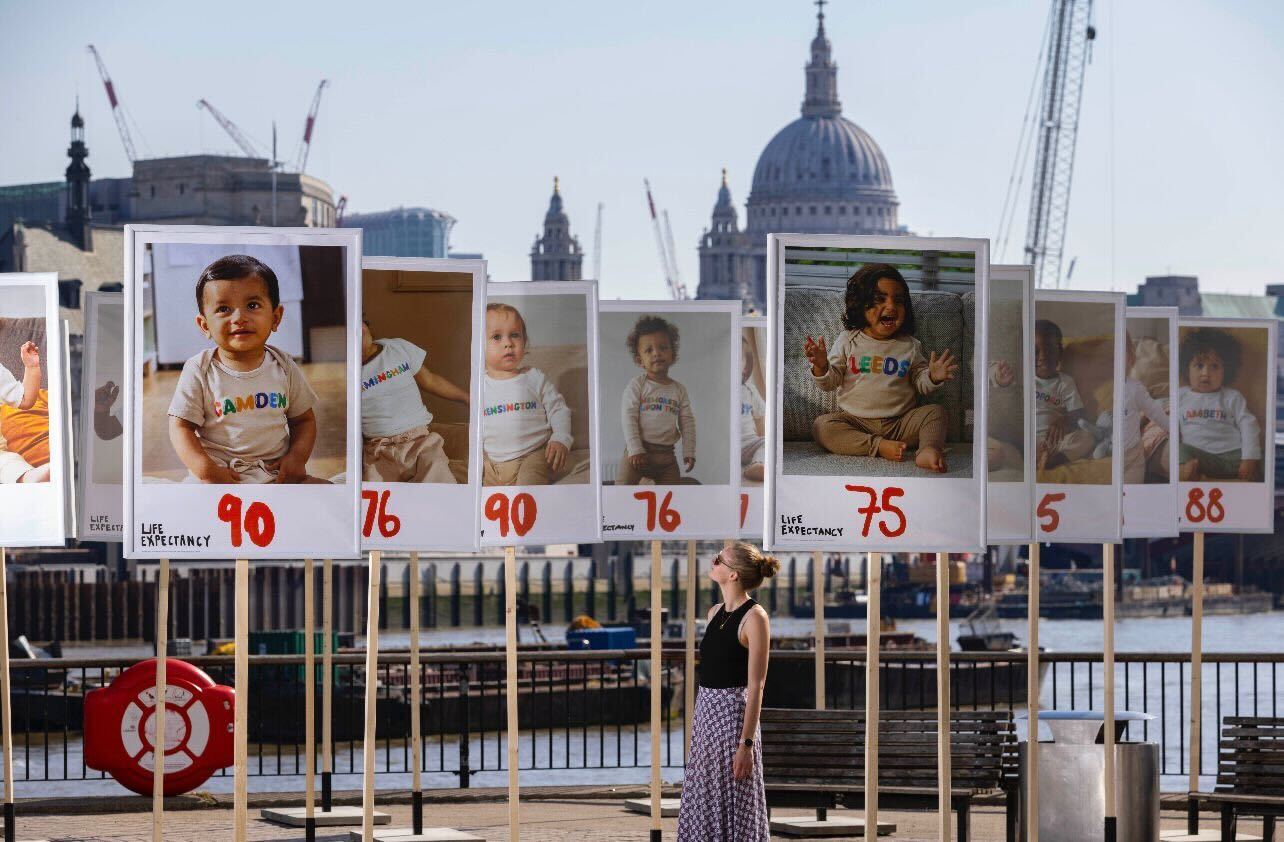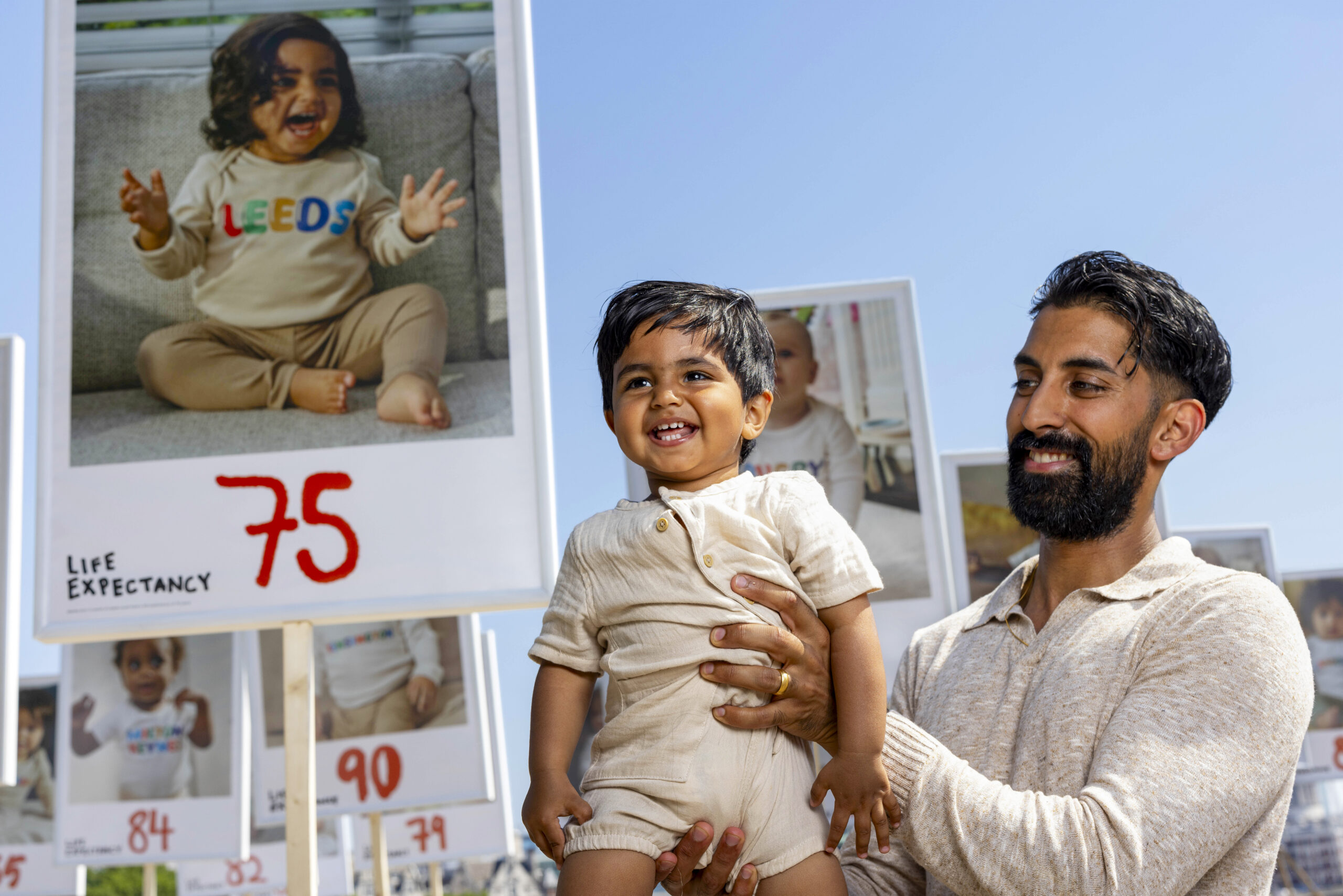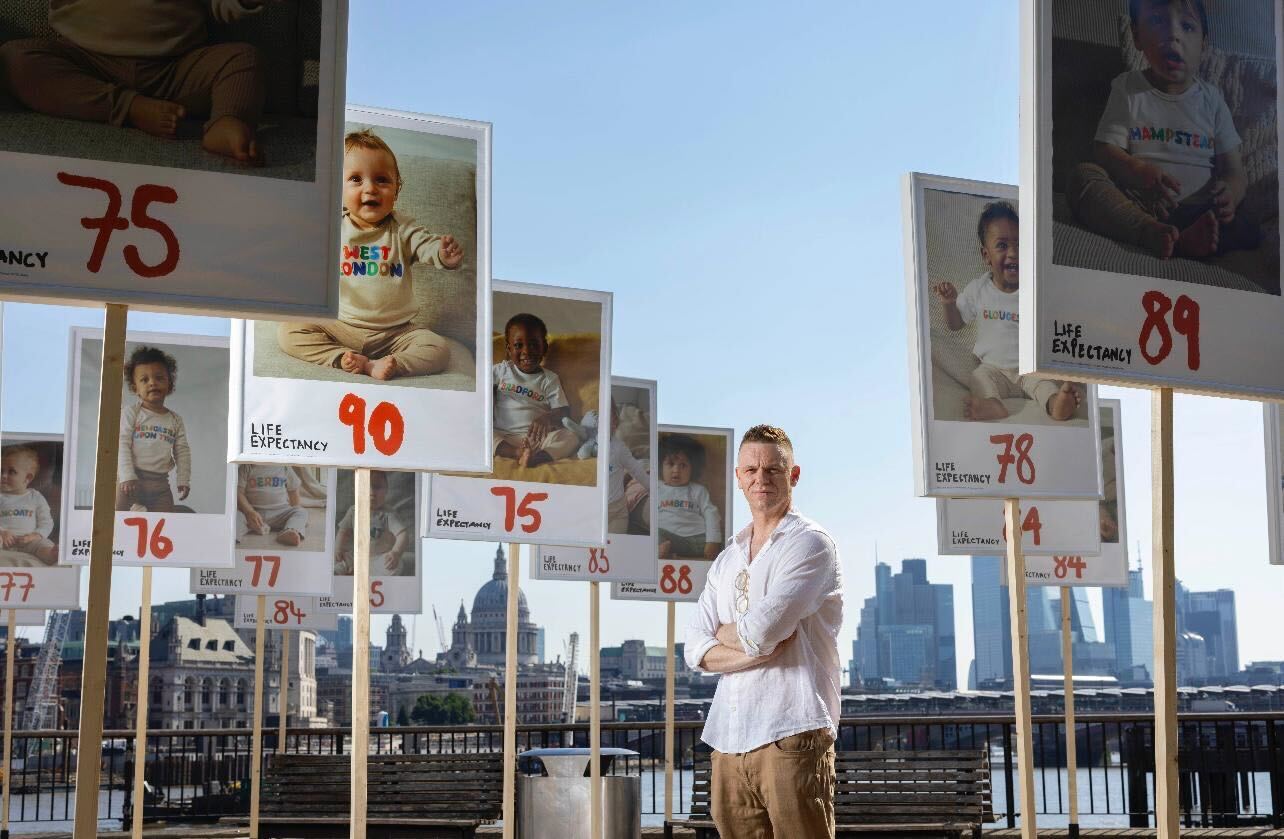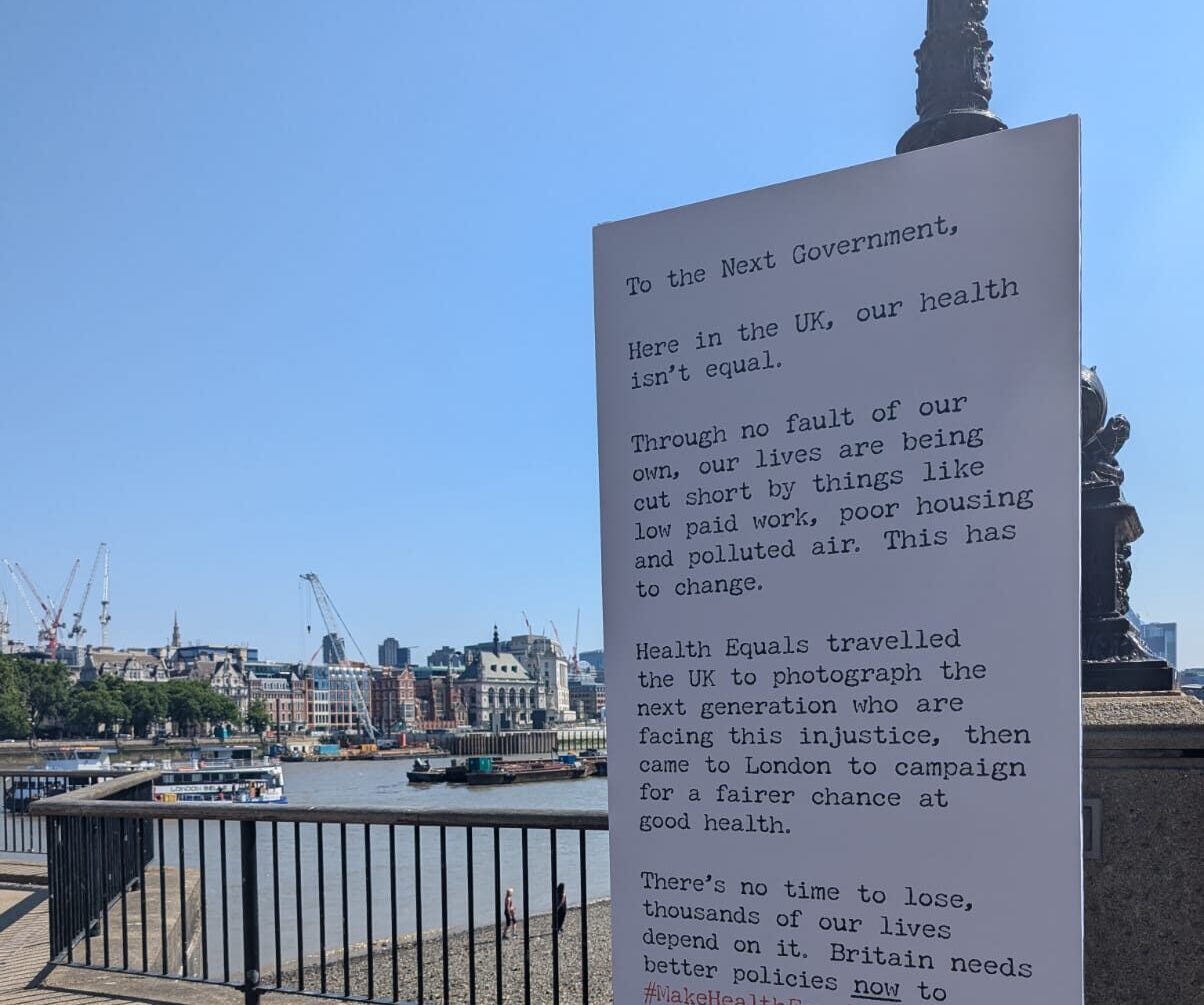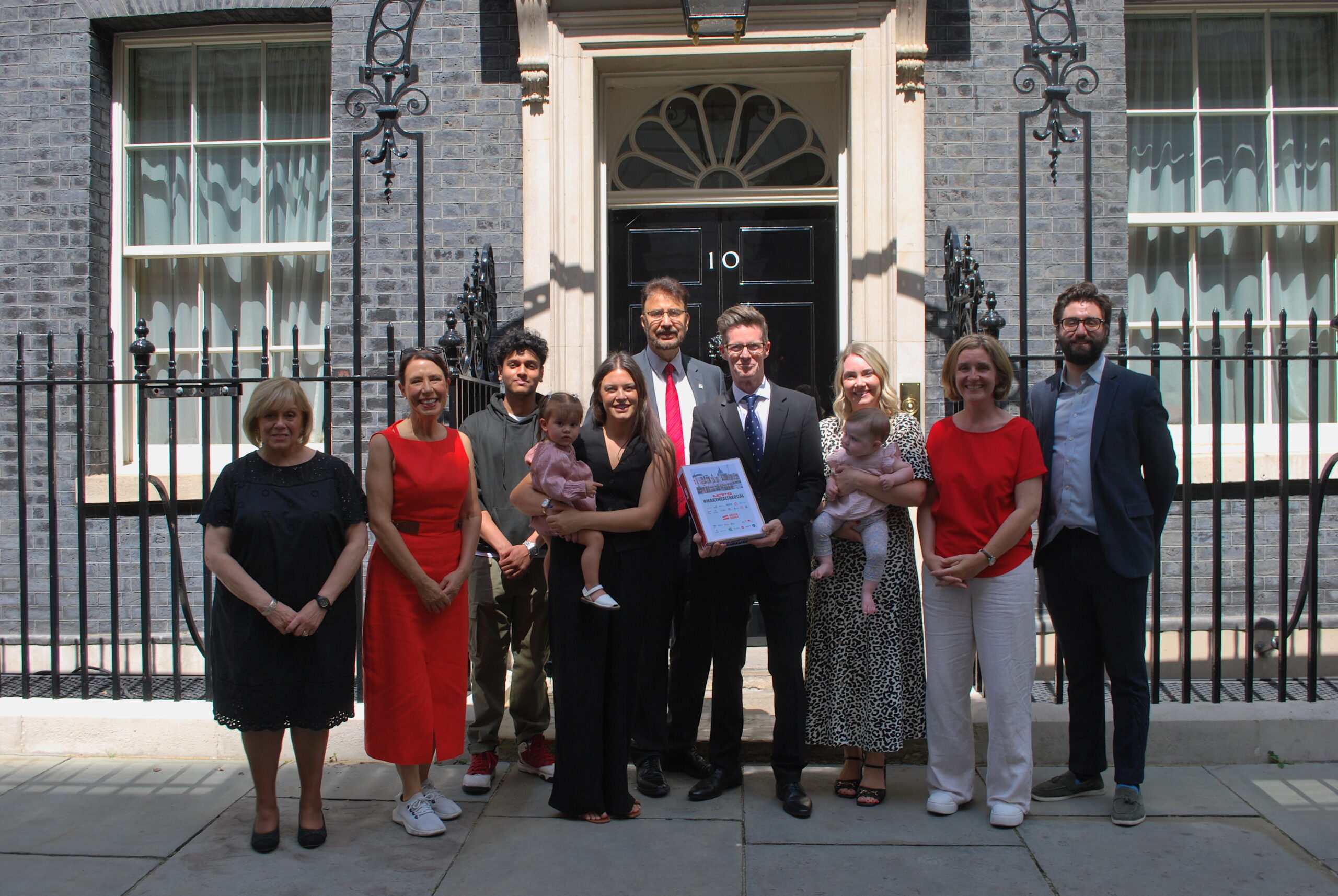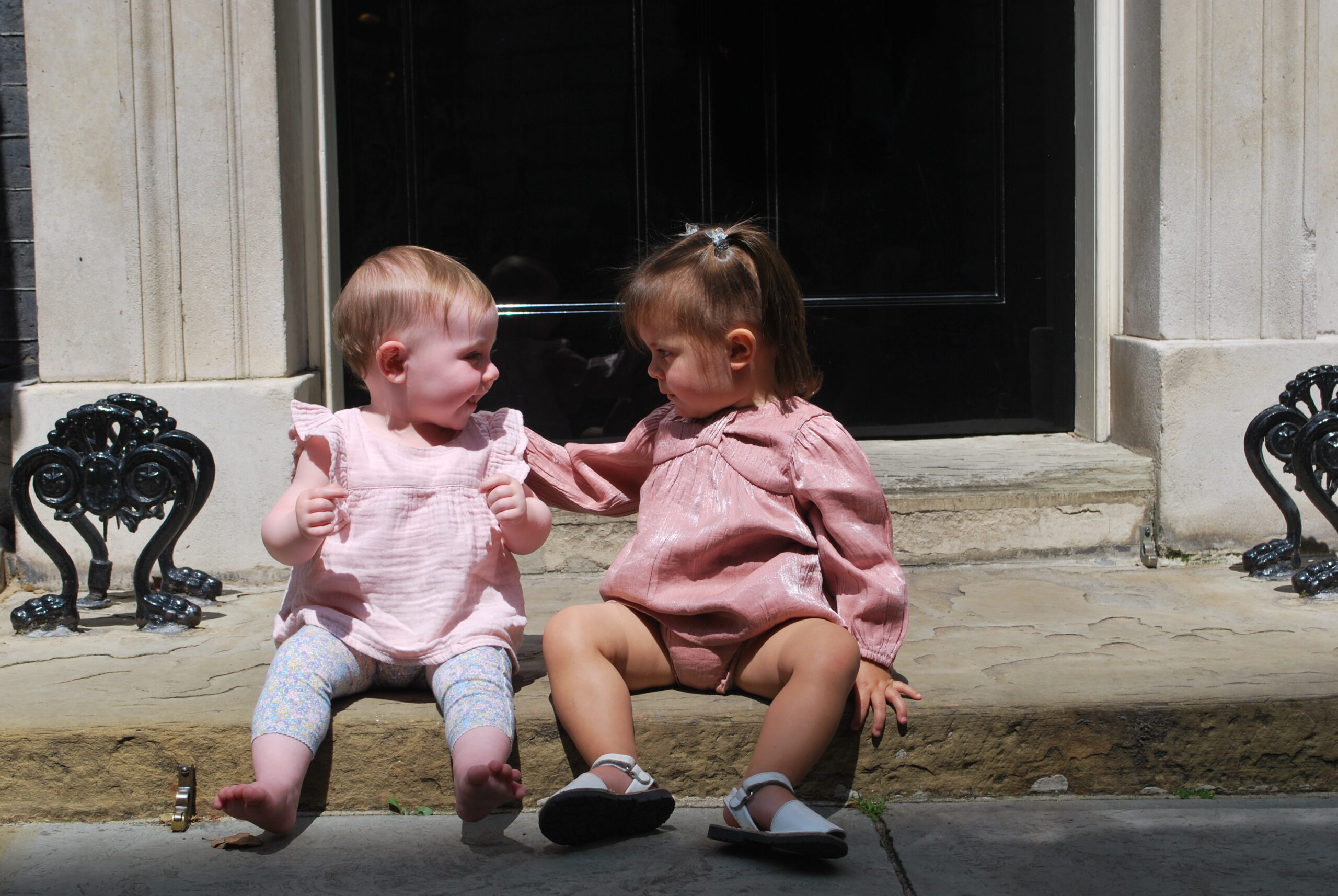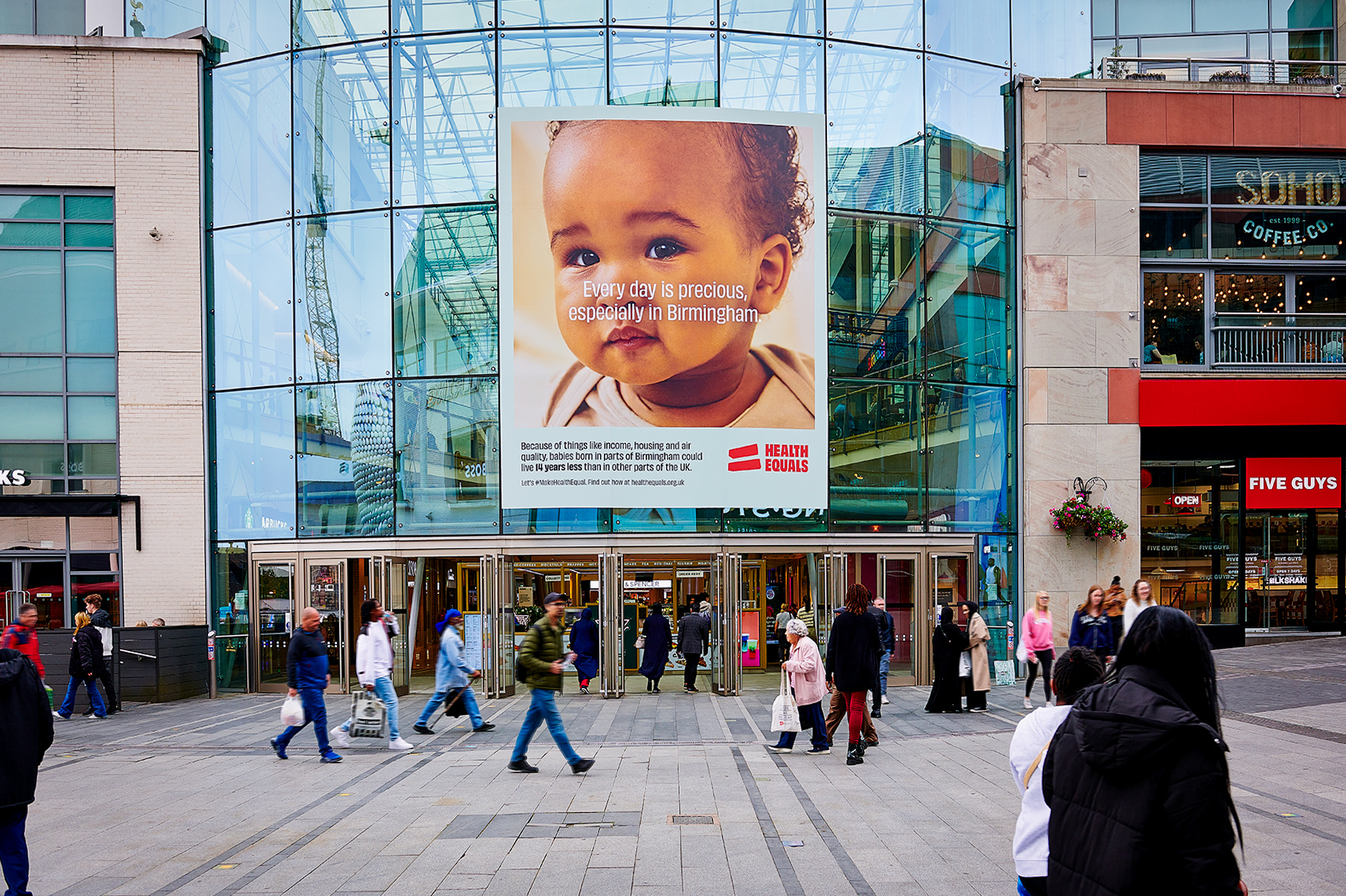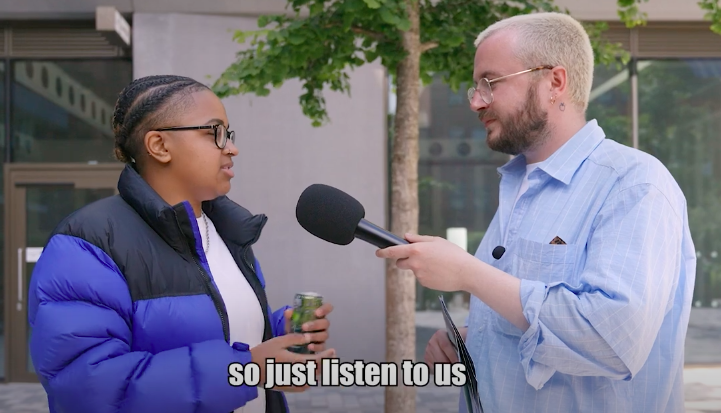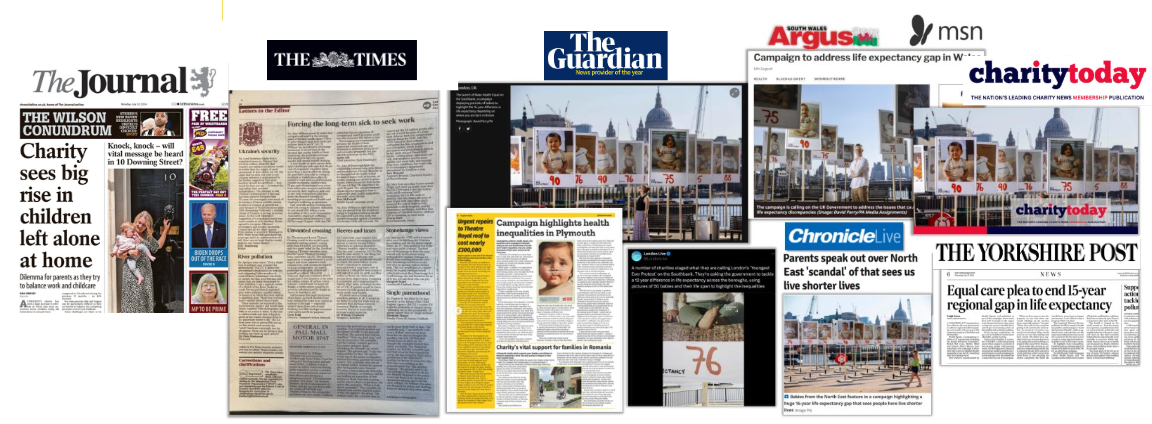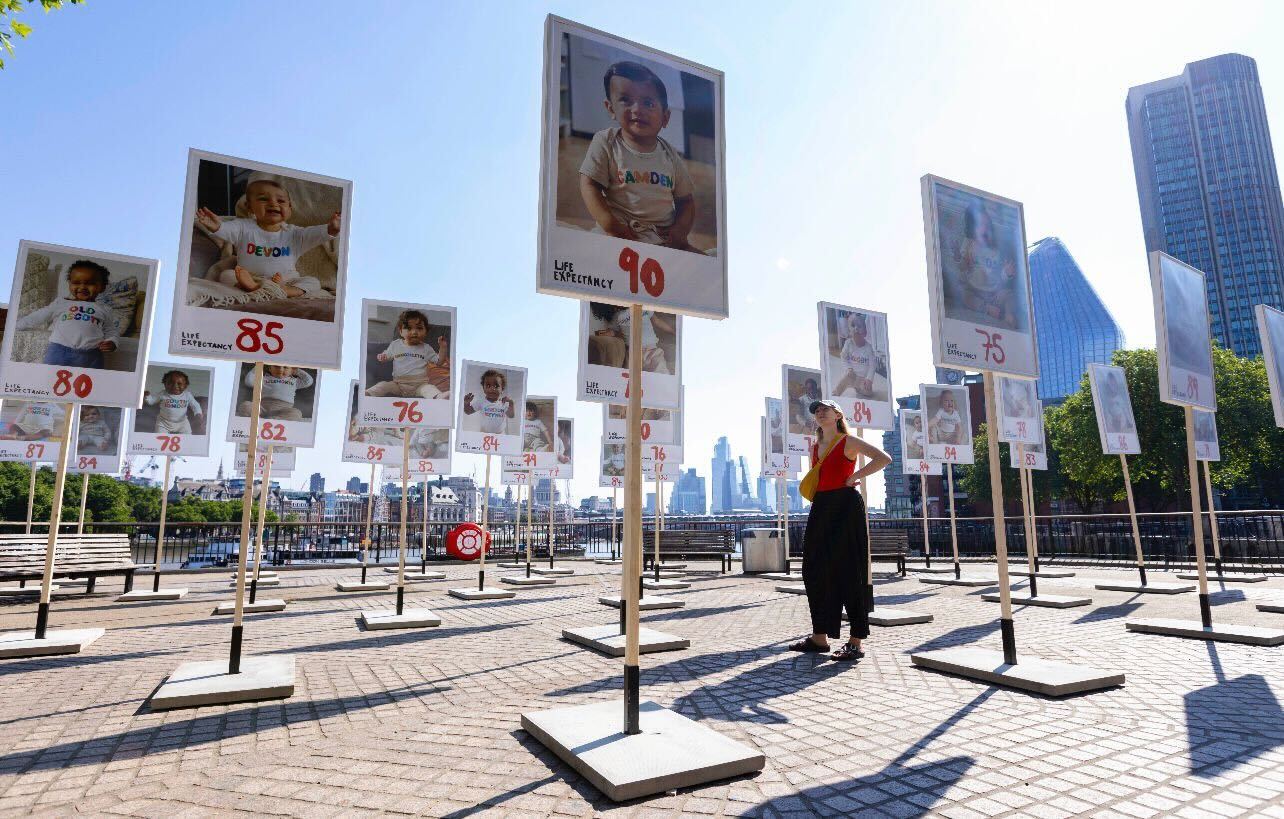LET'S MAKE HEALTH EQUAL
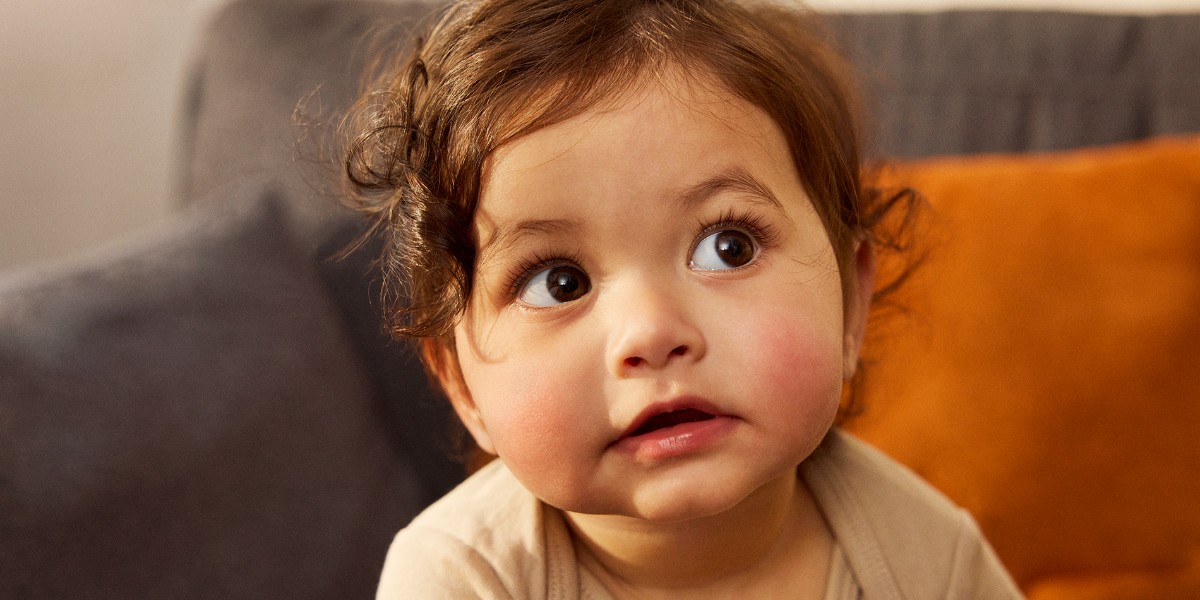
We travelled the UK to meet the next generation at risk of poor health and shorter lives, and brought them to London with one ask: to #MakeHealthEqual.
Meet Louis and Lorcan
Join the growing list of people who have used our postcode look-up tool to find out the life expectancy in their area.
LIFE EXPECTANCY
We asked people around the UK what they think contributes most to their health.
WHAT SHAPES OUR HEALTH AND WELLBEING?
Hear from the parents of our babies
“Hopefully this campaign will shed light on the inequalities and influence those in power to take action now which might change my child’s future.”
– Karisse Bhegani Ashman, Glasgow
“I believe every child should have the same opportunity to live a long, happy, and healthy life, and so I am proud we were invited to be involved in this campaign.”
– Emily Krishnan, Chester
“We have a large family in the north and the south. We are very aware of the inequalities across the country and the urgency in addressing these. Why should one baby cousin have a better chance of living longer than another just because of where we live?”
– Rosie Goodman, Sheffield
-
Julie’s story: ‘Home for health is so important' Julie, 56, solo-mother of one, returned to the UK from South Africa in November 2023, after leaving when she was 14.
Julie and her son were forced to stay at a temporary accommodation until recently. In the temporary accommodation they had to share a room, couldn’t cook, and didn’t even have a toaster. This had an impact on them, as Julie has mobility issues and diabetes requiring suitable accommodation and access to basic healthy nutrition which was impossible in the hotel.
‘We’ve been housed because of Crisis. So much has been happening and my health isn’t fantastic. I’ve been diagnosed with type 2 diabetes. If it wasn’t for Crisis and the team, supporting me and my mental health, I don’t know. I was bursting into tears every day.
‘[Now] My home is really accessible for me. The lift is here, and it took a while for them to fix the lift, but the lift is here… Home for health is so important. Because your stress is gone, like you know that tomorrow you’re going to be warm. You’re going to be fine. If you’re on the streets, you don’t know what tomorrow is going to bring, sofa surfing or in an unstable accommodation. In your own home, you feel so proud.’
-
Food ambassador Maggie: 'Affording and accessing nutritious food is just one problem alongside many others' Food Ambassador, Maggie, is a registered nutritionist from Liverpool.
‘We are surrounded by junk food advertising: from personalised money-off coupons and deals on foods that are high in fat, sugar and salt, to retail outlets and small shops filled with them. Even youth hubs, hospitals and schools do not make nutritionally balanced options easier. Why in my local hospital does deep-fried fish come with chips and peas? Why do you have to pay full price or more for rice and salad instead of chips? Even seemingly ‘healthy’ salads tend to be too sweet or too salty. What is the point of having the Eatwell Guide in the school curriculum if school food does not mirror it?
‘I, and several of my friends, have received a letter about our child’s weight, but is it our fault? We are frustrated and feel helpless. Affording and accessing nutritious food is just one problem alongside many others including housing conditions and new universal credit rules. We drown in stress and worries.’
SEE OUR JOURNEY ACROSS THE UK TO UNDERSTAND HOW HEALTH INEQUALITY IMPACTS DIFFERENT AREAS
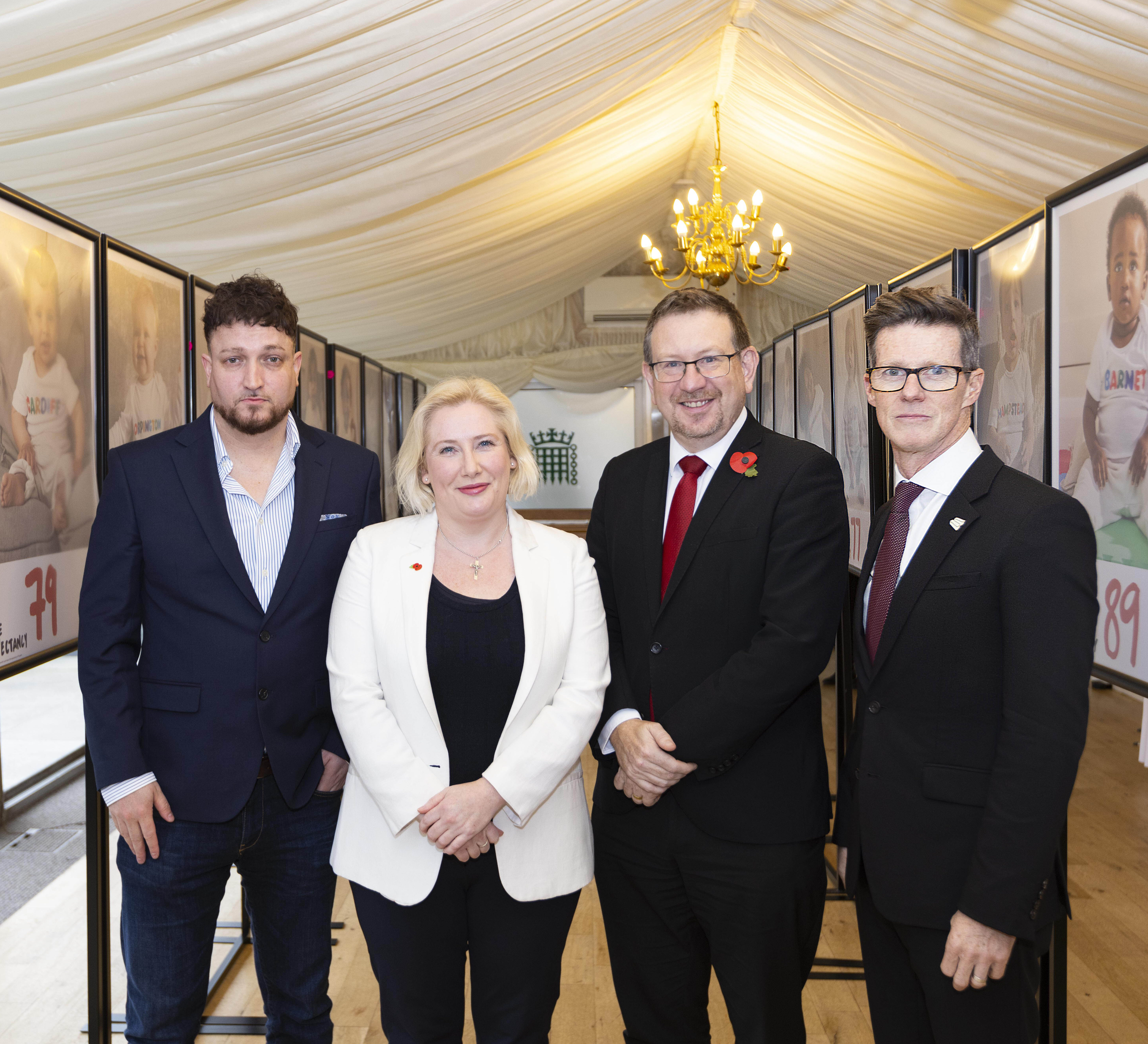
Our Parliamentary Champions Network is made up of MPs across the major political parties who have committed to champion #MakeHealthEqual and promise to ensure action on the building blocks of health is front-and-centre in national policymaking.
Let’s #MakeHealthEqual
Sign up to join our campaign network and receive updates on how you can help shape a society where each of us has the best chance of good health, no matter where we’re born.
Sign up to find out more about our campaigns and how you can help shape a society where each of us has the best chance of good health, no matter where we’re born.
-
Why is life expectancy different in different areas? The world around us shapes our health and how long we live – from quality homes that are warm and safe, to stable jobs, clean air, neighbourhoods with green space, and social connections. But access to these building blocks of good health varies across the UK, and right now, things like poverty and poor living conditions are damaging health and wellbeing and cutting some lives short.
When we don’t have access to safe, green spaces; our homes are unsafe through disrepair or damp; or we face the stress of rising energy, housing and food costs, these all have a direct impact on our health.
-
Where did you get the life expectancy data from? Health Equals is drawing on data released publicly by the Office of National Statistics. For England, the data covers the years 2015 – 2019. For Wales, Scotland and Norther Ireland, the data covers the 2017 – 2019 period. These are the most recent time periods for which comparable UK-wide data is available which is not affected by the Covid-19 pandemic. The data has been analysed by the Health Foundation.
Our interactive postcode lookup tool provides life expectancies related to postcode district level – this is estimated as an average of the life expectancies in the relevant Middle Layer Super Output Areas (MSOAs) / local authorities which lie within a postcode district.
To account for outliers at the most extreme ends of the range, we’re taking the average of the 10 postcode districts with the highest life expectancy, and the 10 districts with the lowest life expectancy to calculate the gap between the highest and lowest life expectancy areas, which is an estimated 16 year gap.
-
Why are you using images of babies in your campaign? Our campaign intends to highlight the health inequalities that people in the UK face from the moment they are born, who through no fault of their own, could be at risk of poor health because of where they live and their access to the building blocks of health. But a baby’s life is not predetermined; if we take the right steps, we can change their future prospects for the better.
The babies featured in our campaign are real babies from across the UK, whose families have agreed for them to take part by having their photograph taken in their homes. The babies include a mix of gender and ethnic diversity representative of the UK population, from a range of different backgrounds.
-
Why have you highlighted geography, aren’t other factors important in determining our health and how long we could live? Our health and wellbeing is not only shaped by where we’re born, but also by protected characteristics (such as our race, sex, age or if we have a disability), and if we’re part of a marginalised or socially excluded group.
We’ve chosen to focus our campaign on the impact of where we are born and live in the UK, to show how the building blocks of health such as housing, income and air quality are not available to everyone equally, meaning that our geography can have a significant impact on our health. However, change isn’t out of our control – things can be better if we make sure that action is taken to prioritise the building blocks that act as vital cornerstones of our health.
While the babies in our campaign include a mix of gender and ethnicities, we are not focusing on the impact of these characteristics on health. Similarly, we are not featuring babies with a health condition or disability, which may have specific impacts on their health outcomes and life expectancy.
-
Where can I go for support related to the issues raised? We understand that it is a sensitive matter. If you’ve been affected, please visit our support page.
With your help, your MP can commit to making equal health a reality.
Write to them